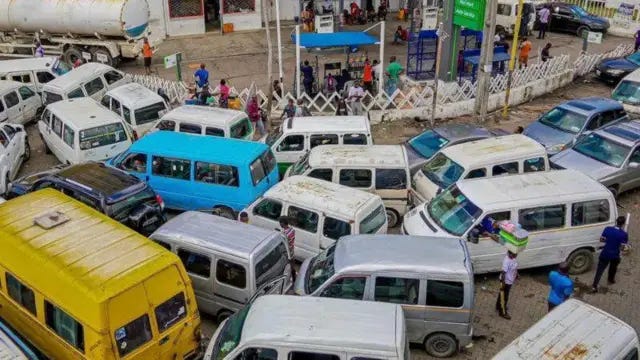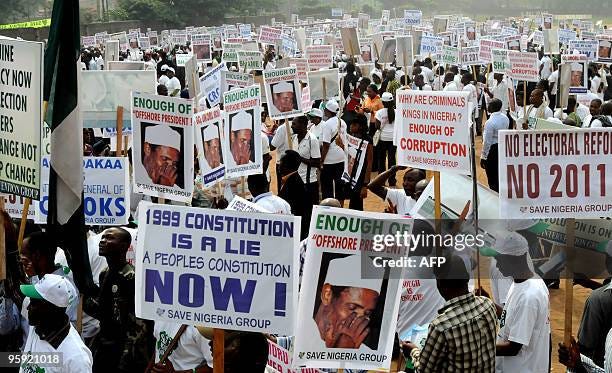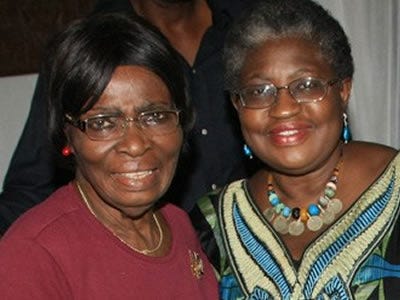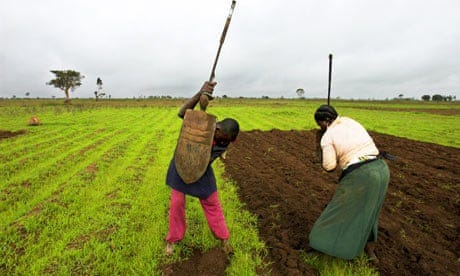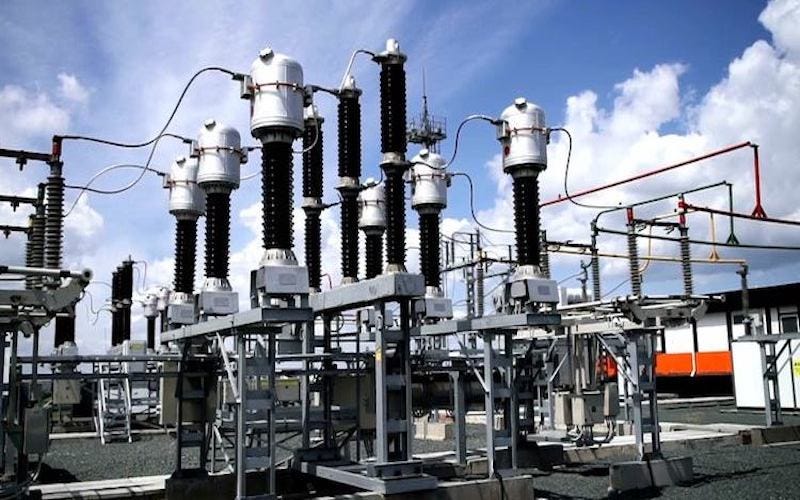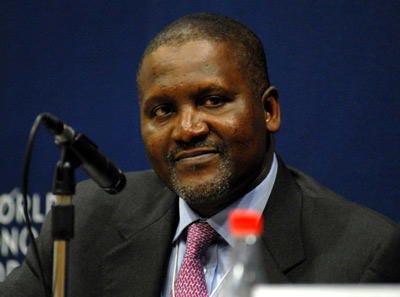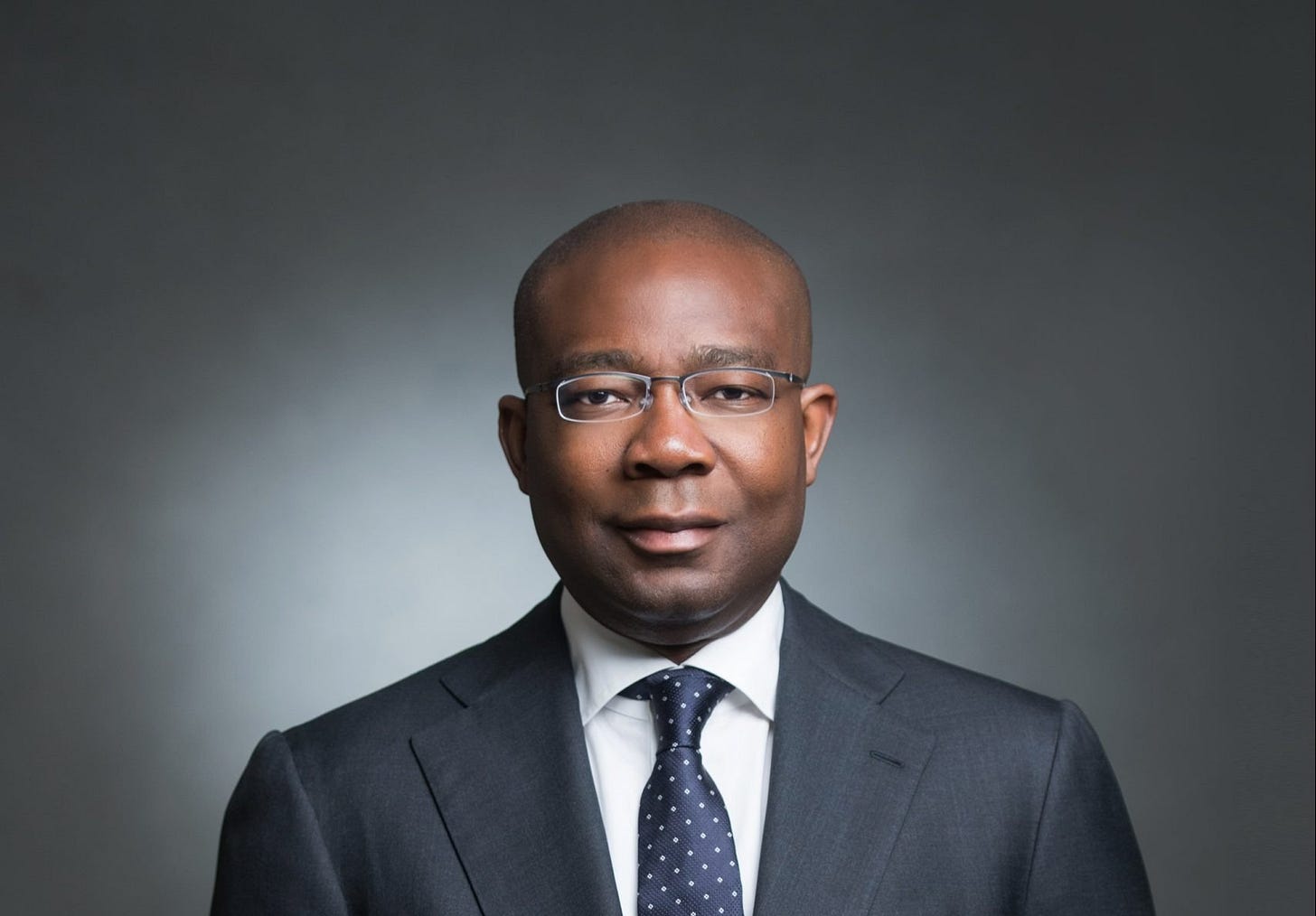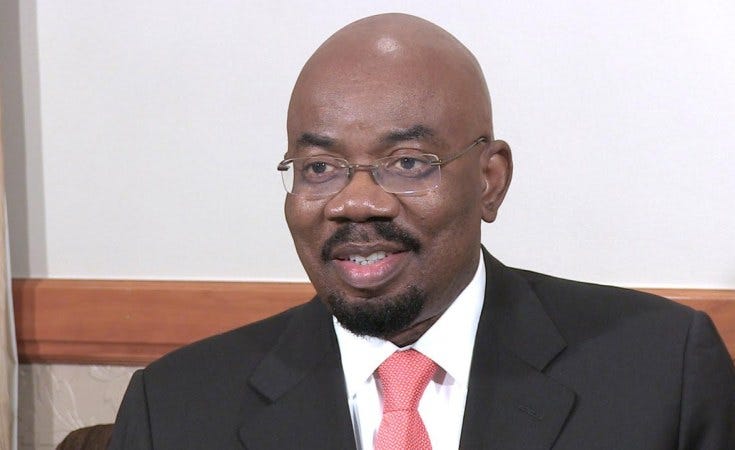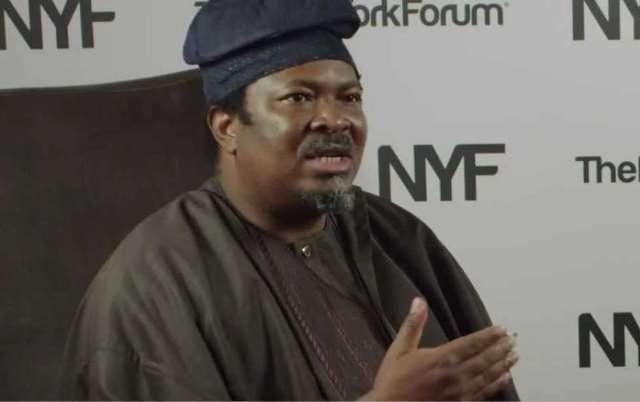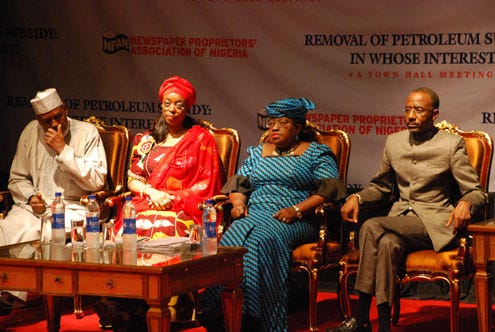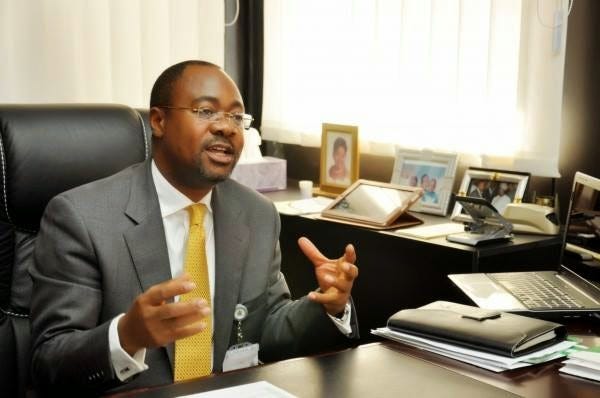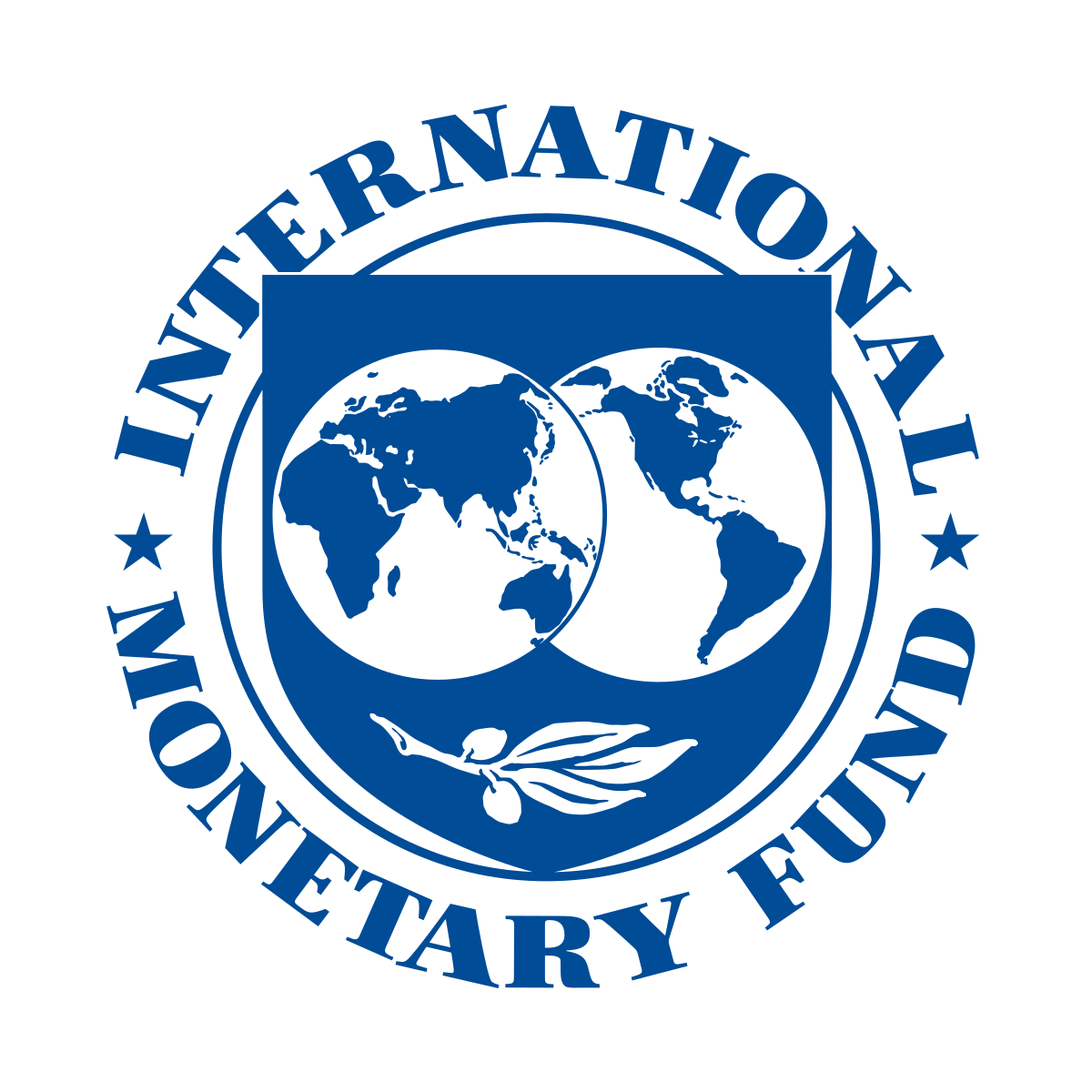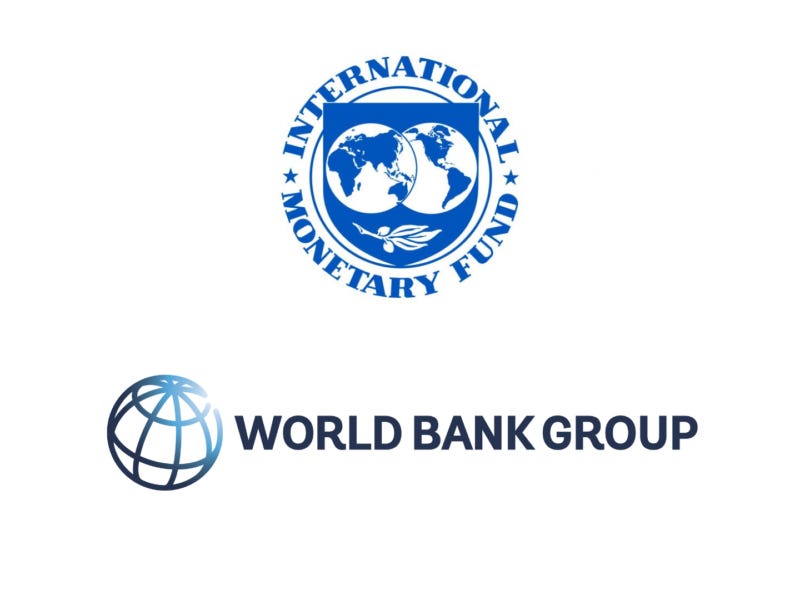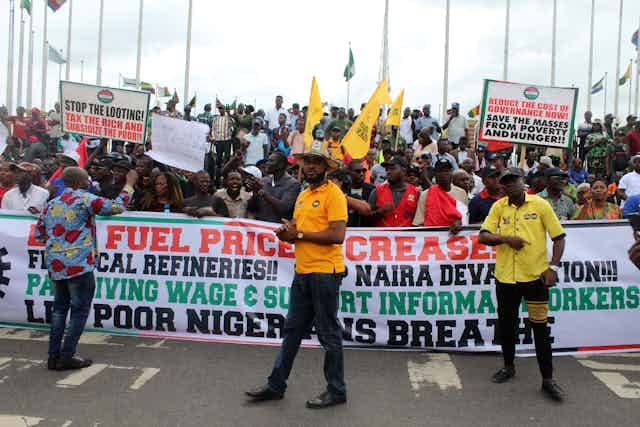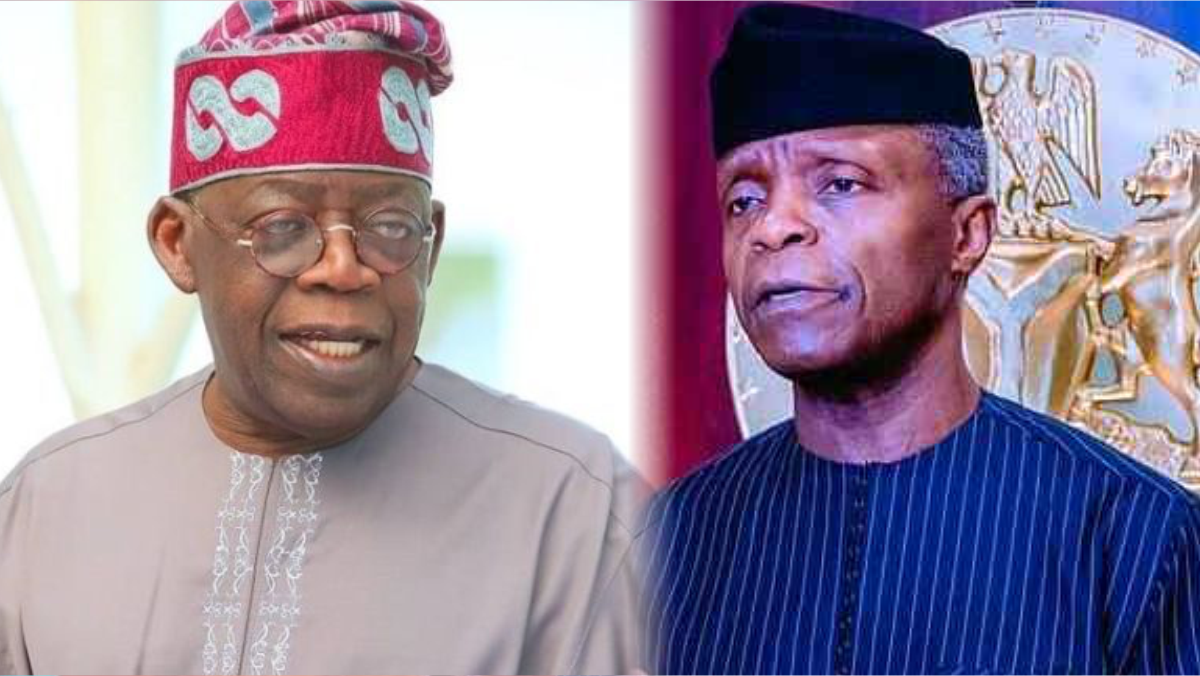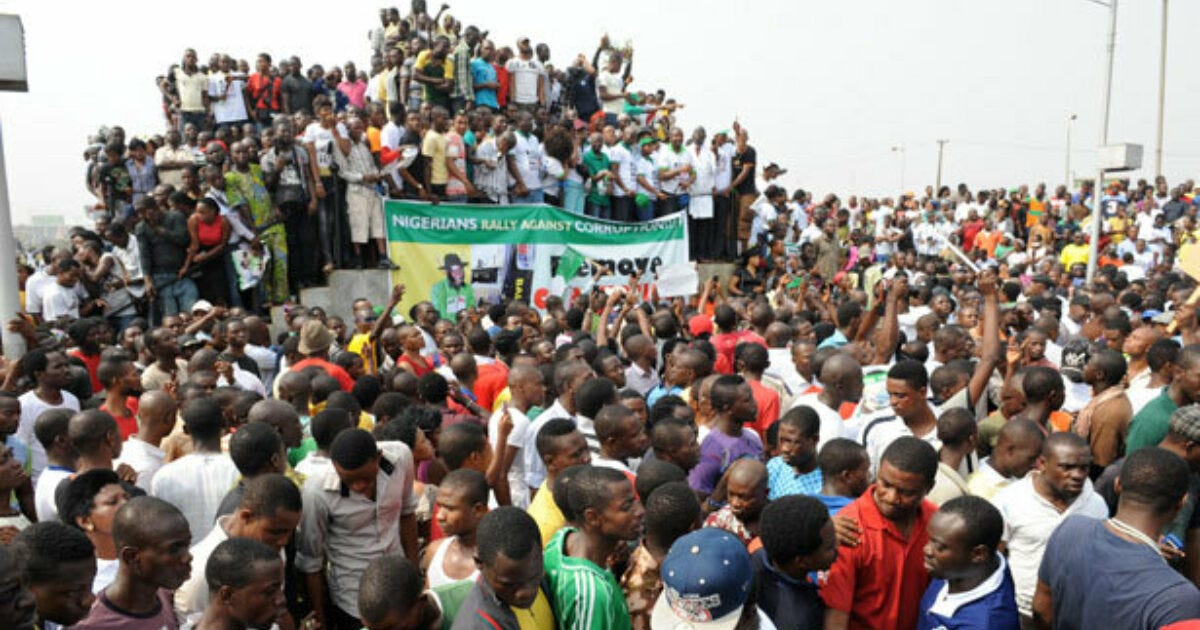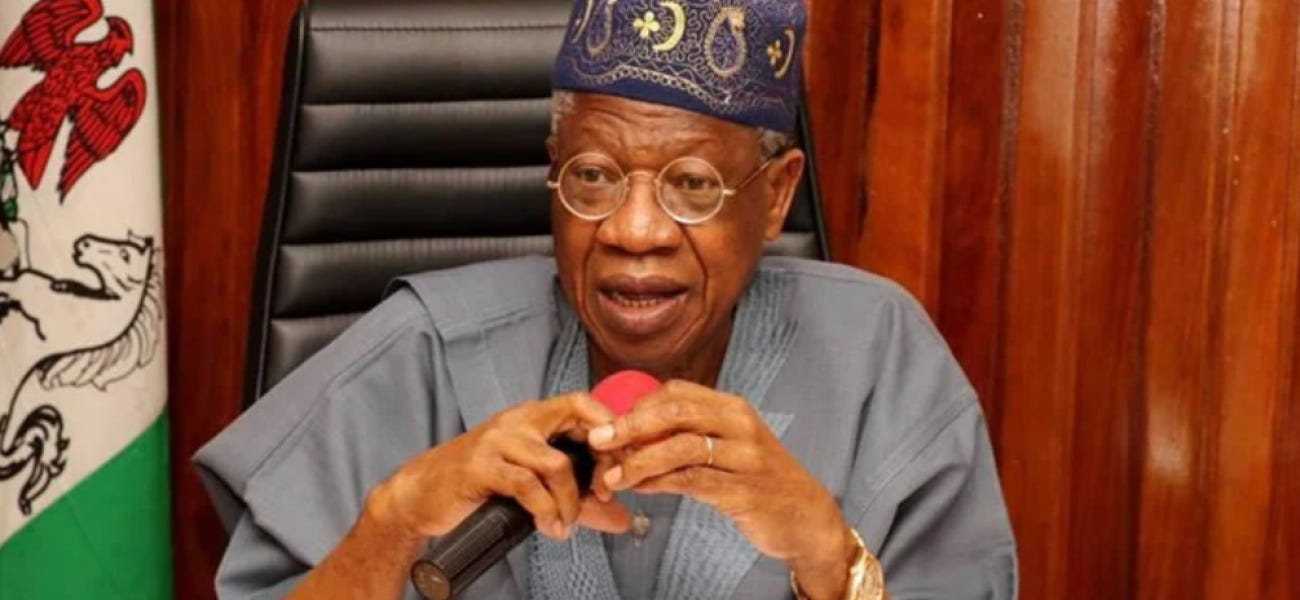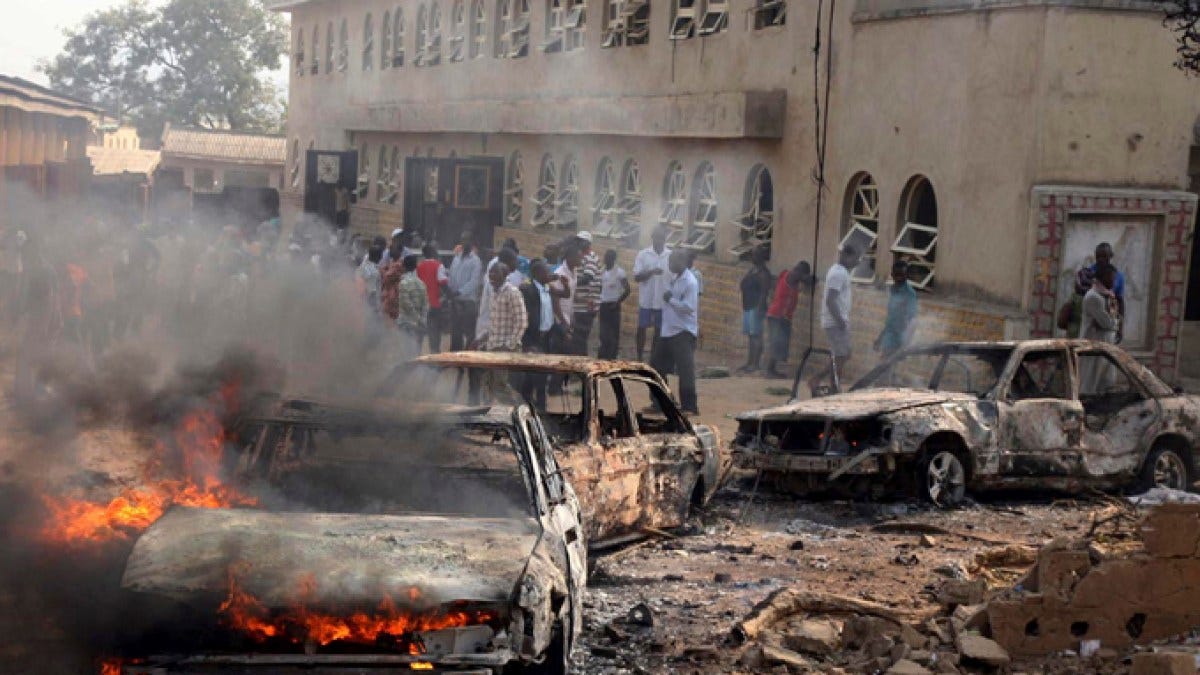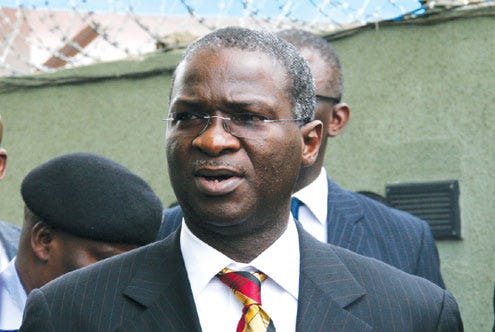Bursting Badenoch's Bubble — PART VII
One of the Biggest Scandals in [Nigerian] History!! — Laying the Groundwork
!!ALERT: THIS IS A VERY IMPORTANT READ — THANK YOU FOR YOUR PATIENCE IN ADVANCE!!
Nigerians, long distrustful of their government, were content with receiving one concession from the state as part of their social contract — a fuel subsidy.
The fuel subsidy was introduced in the 1970s. Though the world’s thirteenth largest oil producer at the time, the country had limited refining capacity, so crude oil was exported, and refined products were imported and sold to the public at below-market prices. The government covered those subsidies, paying them to the marketers and importers who brought in the products, including its own oil company, the Nigerian National Petroleum Corporation.
Contention around the issue of payments for oil subsidies triggered NOI’s mother’s kidnapping. And many important events preceded this development.
The burden these subsidy bills placed on the budget was unsustainable. There were 143 companies that had been certified by the Petroleum Products Pricing Regulatory Agency (PPPRA) as eligible to import oil. By mid-August of 2011, when NOI had started her second stint, almost N1.3 trillion ($8.4 billion at prevailing exchange rates) had already been paid out.
NOI was alarmed by this discovery.
It was bad enough that the subsidy had been briefly phased out during NOI’s first tenure as Finance Minister and then reintroduced after a year — reaching $2 billion by 2006, but it had quadrupled in the space of five years. By the end of 2011 it had become untenable as payments for one year alone had snowballed to N1.73 trillion (or $11.2 billion) — 33 percent of net revenues.
Many stakeholders claimed to want the subsidy phased out. The budgetary burden was felt, at least on paper, by the government at both federal and state level, both of whom had less expenditure as a result. It is on this premise that state governors claimed to support the phase-out.
To avoid the incurrence of unnecessary panic and anxiety felt by the public, and limit inconveniences, a reformist, Economic Management Team (EMT) was established in like form to what NOI formed between 2003−06. However, because the Jonathan administration prioritized the diversification of the economy, this time round they expanded the representatives to include key ministries — Agriculture, Power, and Trade and Investment.
The president also insisted on including private sector operators due to their potential to provide the kind of innovation that the government may lack the foresight to contribute. This included the President and CEO of Dangote Industries, Aliko Dangote; Chairman of Stanbic-IBTC, Atedo Peterside; Managing Director of Access Bank, Aig Imokhuede; Chairman of Zenith Bank, Jim Ovia; and Businesswoman Dr. Wasilat Titiola Shittu.

And to ensure the consistency of accountability the team would meet on a weekly basis.
Debate ensued among the team: while they were all of the consensus that the phase-out was a priority, they also believed that sensitivity was important, and to that end, the phase-out should be done in stages.
However, the consensus was that even a nominal reduction would be enough to trigger protests. In this vein, NOI raised the question,
“Why die in stages?”
Arguably it was better to phase the subsidy out in one hit.
Effective communication was essential for broader civic acceptance. To this end, a Lagos-based, televised public debate was organized with the help of Nduka Obaigbena — proprietor of the country’s most respected daily newspaper This Day. The following three members of the EMT were present: Central Bank Governor, Mallam Sanusi Lamido (Emir of Kano 2014−2020); Minister of Petroleum Resources, Diezani Alison-Madueke; and NOI, representing the Finance Ministry, all participated.
Moreover, they were joined by Labor and civil society and a diverse audience which included market women, private sector representatives and workers.
The debate was largely successful and participants believed the public would feel better educated; recognizing that though the subsidy benefited the poor, it benefited the rich far more. Therefore, there were better ways to reallocate the savings from the phase-out which would more effectively target low-income earners.
A clear feeling emerged among the audience that fraud was taking place in the administration of the subsidy. Resultantly, one school of thought emerged: the elimination of fraud would make the oil subsidy program cheaper / more affordable, thus a phase-out may not be entirely necessary.
The public was very distrusting of the government and took a dim view to the idea government could be trusted to implement programs which would actually benefit the poor.
The EMT wanted to be prudent and sensitive with the phase-out and so intended to conduct debates in all of the country’s [six] geopolitical zones and attain a wider consensus prior to the phase-out.
Media Massacre by a Thousand Cuts
With the initial debate taking place in early December 2011, the EMT agreed to hold the remaining debates after the Christmas and New Year holidays. The team provisionally agreed that January to March 2012 would be used for further debates and communication with the public. This would be followed by a gradual phase-out.
If only life could be so simple.
On the morning of New Year's Eve 2011, NOI’s colleague and friend, Prof. Sylvester Monye, Special Adviser to President Jonathan on Performance Monitoring, rang to ask if she had heard ‘the news.’
“What news?” A surprised NOI asked.
He had bumped into a senior official from the Nigerian National Petroleum Corporation (NNPC) in the corridors of the Villa (the Nigerian equivalent of the White House). The man was acting with a great sense of urgency, claiming that the President was going to announce the phase-out on January 1st and had asked the NNPC to be prepared accordingly.
NOI was left startled and recoiled by the prospect of the news being released untimely and without crucial debate as tentatively agreed.
“How would Nigerians feel if their New Year’s gift from their President was a hike in fuel prices?
“The timing was all wrong!” NOI reasoned.
She notified Monye she would try to reach the President, but despite the latter usually being freely available, her panicked attempts to reach him were thwarted by “Control” — the central telephone exchange in the Villa, who stated he was unavailable.
Now the panic really began to set in. ‘New Year, new toxicity,’ was the message which seemed inevitable if the announcement would be made. NOI also intimated to her husband the potential spin job that could follow:
“I would be blamed if things did not go right because everyone would feel that in my rush to implement the so-called neo-liberal policies informed by the International Monetary Fund (IMF) and the World Bank, I had rushed the President into the decision.”
Whichever parties were responsible for this move knew the potential for playing on the public’s sensibilities that the ‘white man’ would be using policies to punish Nigerians. A somewhat shrewd move by her detractors for what it’s worth.
Despite her best efforts, the President announced the phase-out on January 1st, 2012, and NOI brought forward her to return [to country from her festive break for January 3rd] to address the inevitable fall-out.
Unsurprisingly, rage began to brew — spearheaded by the labor unions. Bus fares for those returning from the villages to towns after the holidays practically double — despite most of the intrastate buses operating on diesel fuel, whose prices were unaffected [due to its deregulation under President Obasanjo in 2007].
Moreover, Labor undertook to lead nationwide demonstrations petitioning for a policy reversal.
Nationwide strikes got underway, with Lagos being the nexus of them. These were sponsored by the Action Congress of Nigeria (ACN), led by Bola Tinubu, the boss of Kemi Badenoch’s relative, Yemi Osinbajo.
Remarkably, the demonstrations were large in scale and well organized, complete with food and entertainment — provided by famous Nigerian artists which served to draw and retain street crowds. Demonstrators wore printed T-shirts calling for action against corruption. Civil society movements such as Occupy Nigeria were replete.
It was clear that third parties, namely opposition parties, wasted no time in capitalizing on the ensuing developments.
A certain Mr. Oghenejabor Ikimi, National Co-ordinator of the Forum for Justice and Human Rights Defence, branded it
“A declaration of ‘war’ against the ordinary citizens of this country which labour and the civil society groups would resist on behalf of the poverty stricken masses of this country.”
The most remarkable of politicking came from the ACN who fanned the very flames it sponsored by stating that,
“The removal of fuel subsidy at a time the country was facing its most-potent internal security threat ever, had exposed the limitations of President Goodluck Jonathan as a leader and heightened the need for elder statesmen to come to his rescue, before he brings the house crashing down on all.”
In a statement made by its National Publicity Secretary, Alhaji Lai Mohammed,
“No one needed a soothsayer to know that the removal of fuel subsidy and the lingering Boko Haram threat were a potent mix that could push the country to the precipice in this New Year.”
No way did it put the fuel subsidy on par with Boko Haram?! Like for real, for real??
I’m sorry but this . . . honestly, I’m lost for words. But clearly the ACN were not. Let’s continue . . .
Apparently,
“While the Boko Haram crisis is a clear and present danger to Nigeria, the Jonathan Administration’s shock fuel subsidy removal, despite opposition from most Nigerians, is like pouring fuel on a naked fire, the end of which will definitely not be pleasant for anyone.
“Both the National Assembly and Organized Labour must act to stop the subsidy removal.”
Playing on the sensibilities of enduring anti-Igbo sentiment and NOI’s Igbo identity, Mohammed continued,
“Our democracy and indeed the very survival of our nation are in peril, perhaps at a level equalling the civil war period. The PDP government at the centre, through a combination of incompetence, lack of direction and meaningless headiness, has allowed the Boko Haram crisis to fester instead of moving quickly to nip it in the bud.
As NOI predicted, during her New Year’s Eve discussion with her husband, Mohammed went on to state,
“As if that were not enough, President Jonathan has gone ahead to instigate a fresh crisis, by hearkening to the voices of agents of the Bretton Woods Institutions instead of the voices of Nigerians who elected him.
“Removing the non-existent fuel subsidy at a time the majority of the population are barely surviving and the ranks of jobless youths is swelling negates the aphorism that when you are in a hole, you stop digging. The dislocation in social order that the fuel subsidy removal will engender will definitely strengthen the hands of the Boko Haram end-gamers and worsen the country’s plight.
“Since President Jonathan has now opted to embark on an anti people misadventure it is now up to the elder statesmen, our past leaders, to move quickly to prevent him from bringing the house crashing down on all of us. After all, it is said that elders cannot sit back and allow things to go wrong.”
Despite public knowledge to the contrary, the ACN accused the Jonathan Administration of testing the will of Nigerians and running a government by deceit, adding that during the recent so-called stakeholders’ meeting in Lagos, Minister of Finance Ngozi Okonjo-Iweala said the President had not taken a decision on the subsidy removal and would not do so until he had consulted fully with all stakeholders.
Reprising the IMF narrative,
“Also, while the government has denied being influenced externally to remove fuel subsidy, it is common knowledge that IMF has been pushing countries in West and Central Africa, including Nigeria, Ghana, Cameroon, Guinea and Chad, to remove fuel subsidy on the senseless premise that it does not help the poor but promotes corruption and smuggling. Ghana has already taken the bait.
“In any case, when President Jonathan met with the ACN and other political parties, we (ACN) told him clearly what the government had to do before contemplating fuel subsidy removal, if at all there is a subsidy. We said existing refineries must be made to work while new ones must be built, so we can stop exporting expertise, technology and jobs with crude oil. He promised to get back to us before taking any decision. He never did. Therefore, is anyone still wondering why the citizens here don’t trust their governments?”[i]
It’s important to note that in addition to Lai Mohammed speaking for the ACN and the Forum for Justice and Human Rights Defence speaking out against the government’s ‘role’ in the subsidy phase-out, the following parties also chorused the narrative:
Samson Osagie [spoke on behalf of a faction] of the House of Representatives, National Assembly; Oliseh Omegwu, representative for the Delta State House of Assembly for the Ndokwa East, Ndokwa West Ukuani constituencies, Herman Hembe, Chairman House Committee on Capital Market and Institutions; Dr. Philip Ugbodaga, Chairman of the Nigerian Medical Association (NMA); the National Proprietors’ Association of Nigeria (NPAN) and its tie-up with the Coalition to Save Nigeria (CSN) both held town meetings in Lagos and Benin City; former Lagos State Commissioner of Police, Alhaji Abubakar Tsav; United Action for Democracy, UAD, through its General Secretary, Comrade Ken Henshaw and its National Convener, Jaye Gaskia; Rivers State Police Commissioner, Mr Suleiman Aba; Chairman of the Indigenous Shipowners Association of Nigeria (ISAN), Chief Isaac Jolapamo; Adewale Adeyunju, Chairman of the dock workers branch of the Maritime Workers Union of Nigeria (MWUN); National President of the Association of Nigeria Licensed Customs Agents (ANLCA), Prince Olayiwola Shittu; the Managing Director of the Nigerian Ports Authority (NPA), Engr. Omar Sulaiman; Maritime Reporters’ Association of Nigeria (MARAN); Cross River State chapter of the Action Congress of Nigeria, ACN; former President of the Nigeria Bar Association, NBA, Mr Olisa Agbakoba; Human Rights Activists and lawyers, Femi Falana and Bamidele Aturu; Lawyers of Conscience in a statement by its representatives, Benedict Ezeagu and Sadiq Mohammed; and former national Secretary of All Nigeria Peoples Party (ANPP), Senator Saidu Umar Kumo.
I have counted no less than twenty different sources cutting across elected politicians at the local and national level, police commissioners of important constituencies, renown lawyers / SANs (Senior Advocates of Nigeria) and almost every established agency which has enough surface level credibility to purport to speak on the behalf of masses.
No wonder NOI noted [with respect to the developments at the 2012 Occupy Protest anti-subsidy demonstrations],
“A mood was ugly, and it was obvious that the agitation was going far beyond expressions of dissent with the fuel subsidy phaseout to encompass a demand that the President resign or be impeached.”[ii]
Now let’s remember the following:
[1.] NOI’s colleague and friend, Prof. Sylvester Monye, surprised her on the morning of New Year's Eve 2011, and she had no awareness of this, not even a hint of it prior to this point.
[2.] The initial debate conducted by the Economic Management Team (EMT) took place in early December 2011, and one of the most significant people in the EMT was Central Bank Governor, Mallam Sanusi Lamido — a man NOI considered of integrity and of whom had what she described as a cordial, healthy working relationship. We’ll revisit the significance of this in the next article(s).
And
[3.] The Lagos-based televised public debate was organized with the help of Nduka Obaigbena — recognized by NOI as the proprietor of the country’s most respected daily newspaper This Day. He also happened to become chairman of the Newspaper Proprietors’ Association of Nigeria (NPAN) on May 26, 2011[iii] which discredited the Jonathan presidency and NOI by virtue of condemning the phaseout. Talk about two-facedness!
Then again, Obaigbena was also among the those who went into exile during Abacha’s administration. He was friendly with former president-elect Moshood Abiola, Tinubu, and the rest of the NADECO group. It’s doubtful that NOI knew of this connection at the time everything went down; she may still not be aware of it up till today.
It is also important to disclose that though the revelation to NOI was made on the morning of New Year’s Eve 2011, the online news agency AFRICA CONTINENTAL, published an article disclosure of this inevitability on November 18th, 2011, entitled, ‘Inflammatory Subsidy’ (Volume 52, Number 23) Below is a revealing preview:
“The federal government’s decision to remove fuel subsidies from 1 January 2012 is dividing the public and raising the spectre of unrest. The government insists that it cannot afford to continue spending billions of dollars a year on subsidising the price of imported petroleum products for domestic consumption and says the money would be better spent on infrastructure and development.”[iv]
Why is the above passage significant?
It was published in November, over a full month prior to NOI being informed of the president’s move to announce the subsidy withdrawal on January 1st, 2012. The preview does not claim it is speculative, and the information was not released by the Jonathan administration into the public domain as 100 percent certain, hence the first debate took place in December. This means that at least one insider, possibly within the EMT, was already working against NOI and Jonathan’s administration.
The above underlines just how extensive Tinubu, the boss of Badenoch’s relative, Osinbajo, sponsored the drive to undermine President Jonathan’s administration.
But why? Why sponsor contradictory messages?
If Jonathan was to not phase out the subsidy, governors and other organizations would criticize him for not making budgetary savings; one such governor who may have criticized Jonathan — as he would end up doing anyway [later down the line] — was Lagos State Governor, Babatunde Raji Fashola, a member of the ACN and who allowed the Occupy protests to last for two weeks — up to January 16th, 2012.
It’s almost as if the Jonathan administration was in a lose-lose situation. Even freeing up the budget would allow room for the governors to withdraw more public funds unaccountably and deplete the excess crude account / or leave as low an amount as possible to fund the government’s sovereign wealth fund. Thus, the elimination of fraud was always fanciful at best.
With such comprehensive, strategic sponsorship, which parties had a vested interest in keeping the subsidy going??
Stay tuned as we continue uncovering one of the biggest scams in [Nigeria’s] history!!
[i] “Nigerians Groan Under Subsidy Chaos,” Joy Online, January 3rd, 2012, url: https://www.myjoyonline.com/nigerians-groan-under-subsidy-chaos/
[ii] Okonjo-Iweala, FIGHTING CORRUPTION IS DANGEROUS: The Story Behind the Headlines, (The MIT Press: Cambridge|London, 2018), pp.32 and 33
[iii] Ibiwoye, Dotun, “NPAN Names Nduka Obaigbena President,” the Vanguard Newspaper, May 27, 2011. Url: https://www.vanguardngr.com/2011/05/npan-names-nduka-obaigbena-president/
[iv] “Inflammatory Subsidy,” AFRICA CONFIDENTIAL, November 18th, 2011. Url: https://www.africa-confidential.com/article-preview/id/4235/inflammatory-subsidy


